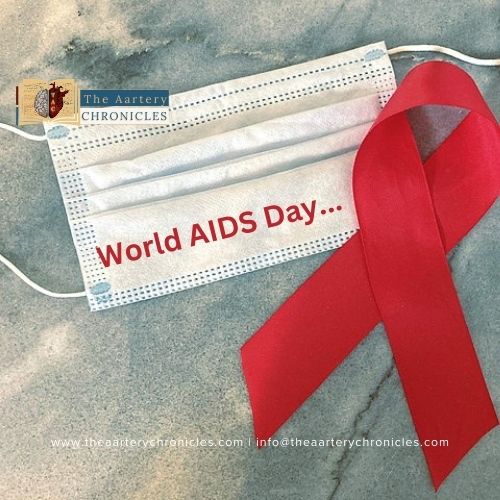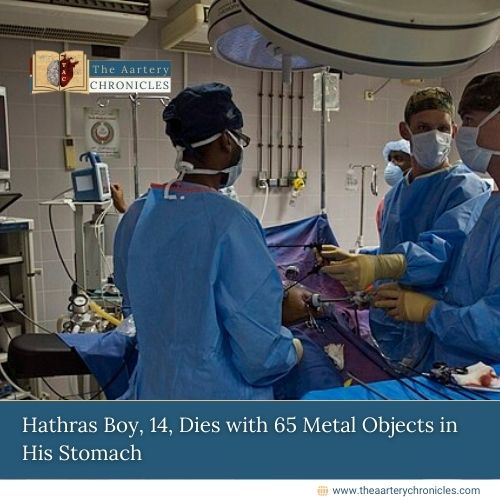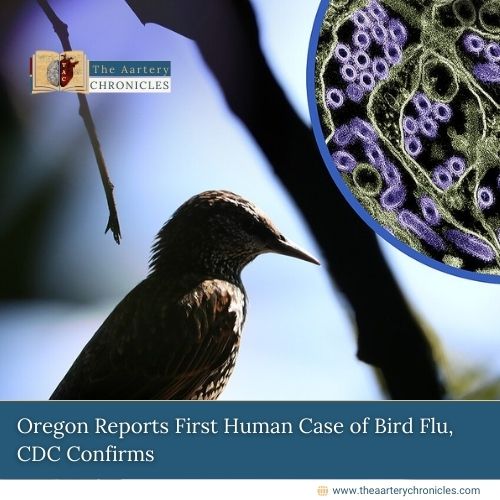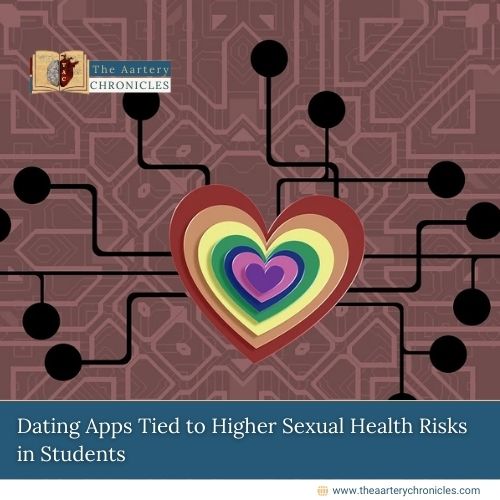
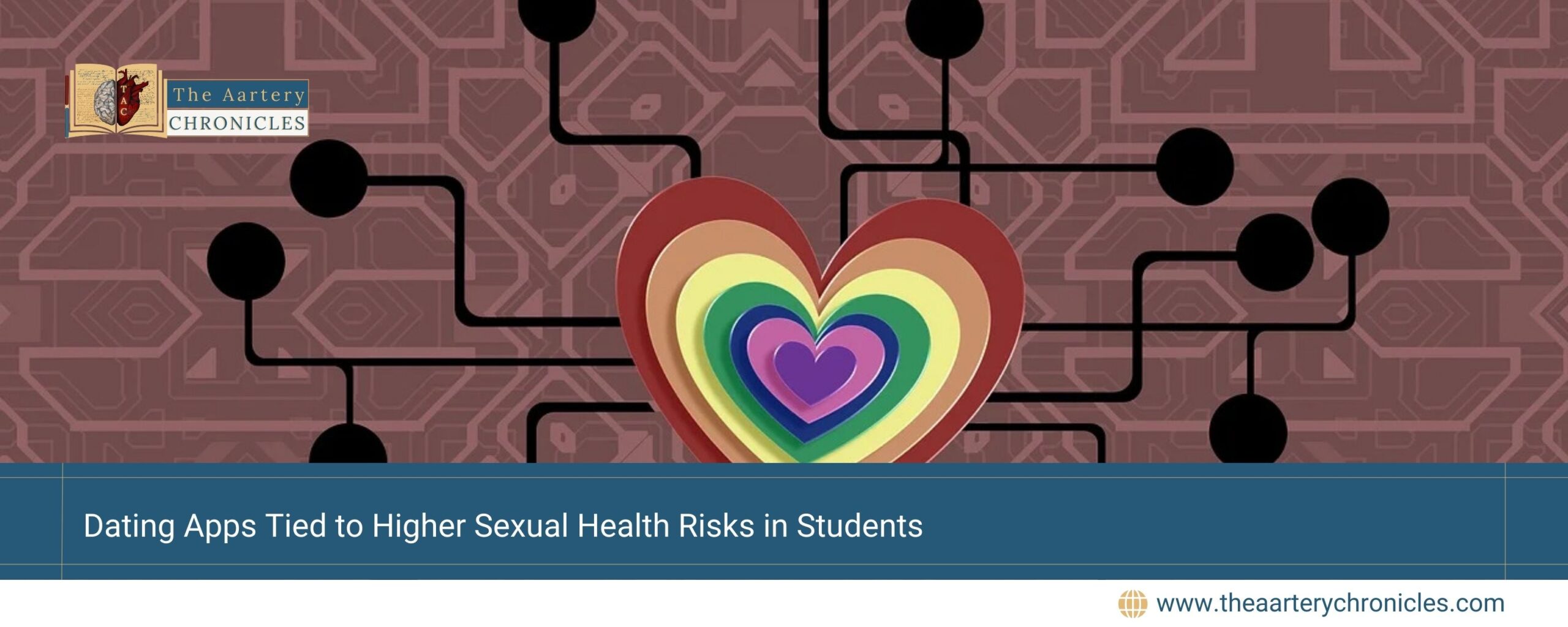
Dating Apps Tied to Higher Sexual Health Risks in Students
Recent research published in Frontiers in Reproductive Health has identified a link between dating app use and increased sexual health risks among college students. The study, led by Dr. Jaquetta Reeves from the University of Texas at Arlington, highlights a concerning association between dating app use, unprotected sexual practices, and a higher number of sexual partners, which could contribute to a rise in sexually transmitted infections (STIs) among young adults.
Rise in STIs: A Growing Concern
According to the World Health Organization (WHO), the global rise in STI rates is alarming, with over one million new cases each day. The U.S., one of the high-income countries most affected, has seen significant increases in STI cases since 2000. For example, chlamydia cases have more than doubled, gonorrhoea rates increased by 40%, and syphilis rates have skyrocketed by 400%. Young adults between the ages of 20 and 34 have the highest prevalence.
The Study's Focus: Dating Apps and Sexual Health Behavior
The study gathered data from 122 college students between 19 and 35 years old in northern Texas, using an anonymous survey. Participants reported on their dating app usage and sexual behaviours, such as the number of partners, frequency of condom use, history of STI screening, and use of campus health clinics. Questions also explored their experiences meeting partners on dating apps, whether for committed relationships, casual encounters, or “friends-with-benefits” arrangements.
Key Findings: Higher Risk Behaviors Linked to Dating Apps
The analysis revealed that students who used dating apps were more likely to engage in higher-risk behaviors:
- More Sexual Partners: Students with multiple partners in the past year were 2.2 times more likely to use dating apps than those with only one partner.
- Alcohol Use During Sex: Students who reported combining alcohol with sex were 1.4 times more likely to use dating apps.
- Earlier Sexual Experiences: Those whose first sexual encounter was between ages 16 and 19 were 1.5 times more likely to use dating apps compared to those whose first experience was at age 20 or older.
- HIV/STI Screening: Students who had undergone HIV/STI testing at campus clinics were 1.8 times more likely to use dating apps, while those who tested positive were 1.3 times more likely.
However, no significant differences were found between dating app users and non-users regarding condom use during oral and vaginal sex. Yet, dating app users who engaged in anal sex reported more consistent condom use.
Understanding the Cycle: App Use and Risky Behavior Reinforce Each Other
Experts suggest a mutually reinforcing cycle between dating app use and risky behaviors. Dating apps make it easier to find casual partners, which can increase the likelihood of risky practices like inconsistent condom use. Conversely, individuals who already engage in high-risk behaviors may seek out dating apps to find partners with similar preferences.
Breaking the Cycle: Recommendations for Health Interventions
To reduce these risks, Dr. Reeves suggests that public health initiatives and app developers collaborate on interventions, such as:
- Incorporating Sexual Health Education into Apps: Offering resources and information within dating apps could promote safer sexual practices.
- Youth Campaigns on Safe Sex: Social campaigns can encourage safer sex habits among young adults and reduce the stigma around STI testing.
- Easier Access to STI/HIV Testing: Providing accessible testing services and reminders for regular testing could help users manage their health.
- Technology-Driven Notifications: Reminders for testing or alerts for potential exposure to infections could help reduce transmission risks.
This study’s findings underscore the need for a proactive approach to sexual health in the digital age, particularly as dating apps become an increasingly popular way to meet new partners among young adults.
Source: Inputs from various media Sources

Priya Bairagi
I’m a pharmacist with a strong background in health sciences. I hold a BSc from Delhi University and a pharmacy degree from PDM University. I write articles and daily health news while interviewing doctors to bring you the latest insights. In my free time, you’ll find me at the gym or lost in a sci-fi novel.

